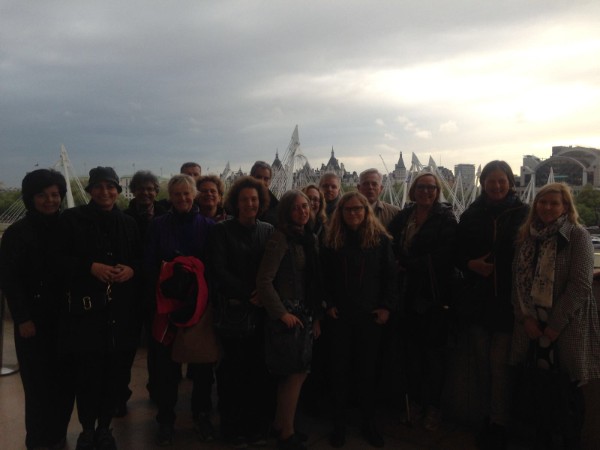Updated 09.08.2017
EPSO Working group and Forum sessions London, England 24-25 April 2017
Hosted by Care Quality Commission (CQC)
170419 Final Programme EPSO WG meetings_Forum London, 24_25th April 2017.pdf
Download
Photos
Short overview and presentations:
Monday 24th
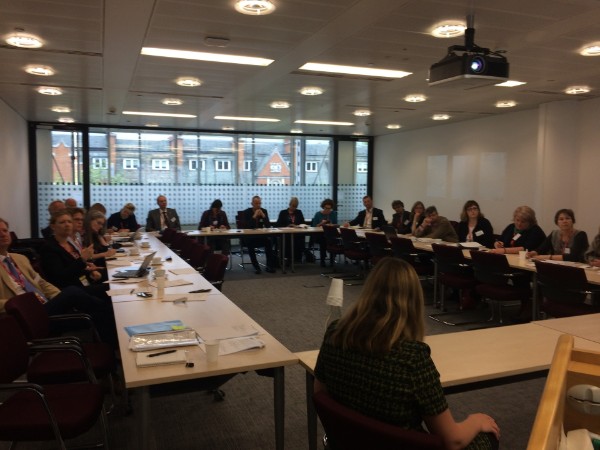
Welcome to CQC by Sarah Bickerstaffe and Charles Rendell: 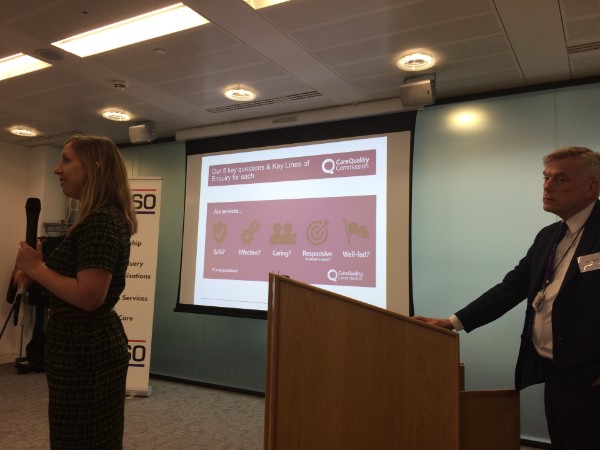
Sarah Bickerstaffe, Director of Policy and Strategy, CQC:
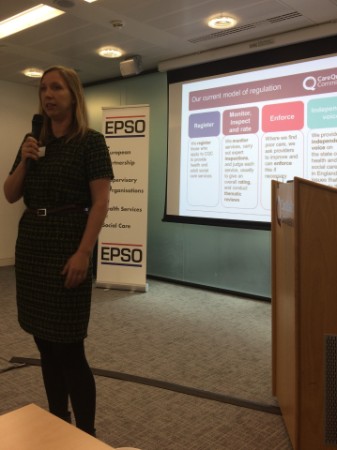
Working group 1 - Patient an user participation
chaired by Lena Weilandt, Sweden:
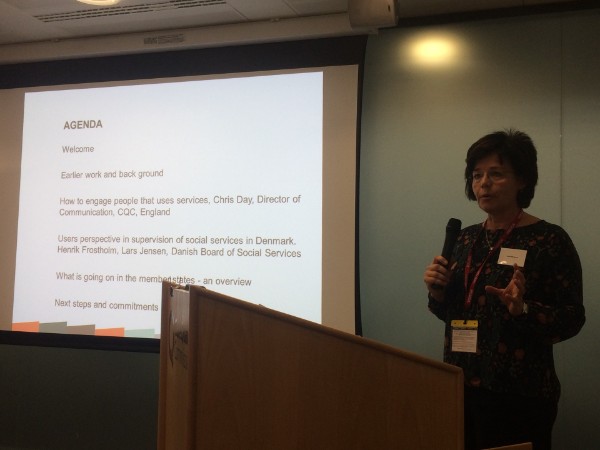
Presentation EPSO 24th april 2017 London Weilandt.pptx
Download
Input from CQC- Chris Day, Director of Communications:
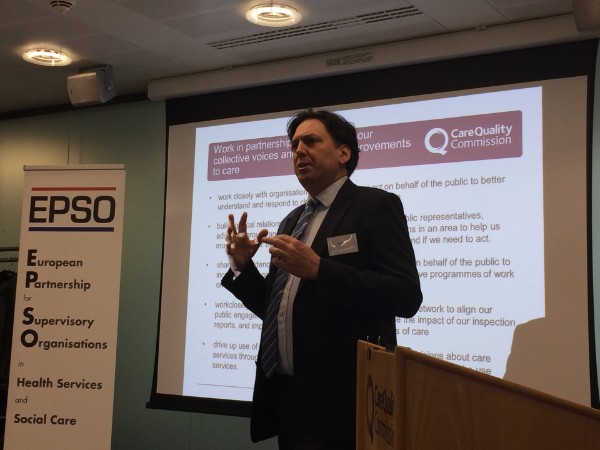
Chris Day London 2017.ppt
Download
Input from Denmark, Socialstyrelsen- Henrik Frostholm:
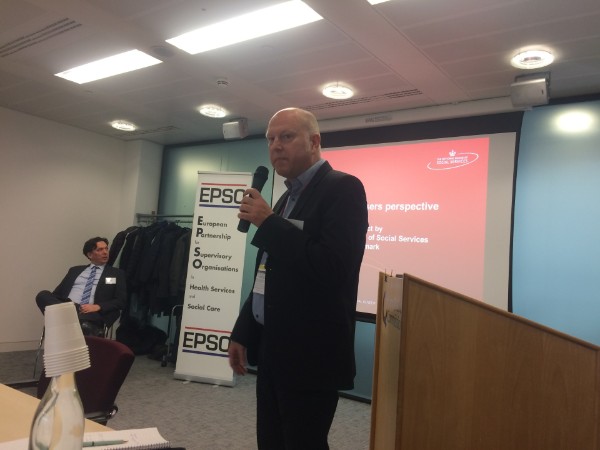
EPSO - WG patient and user. Henrik Frostholm - London - April 2017.pdf
Download
More info about User Participation working group here
WG2 - Integrated care. Start of the new working group:
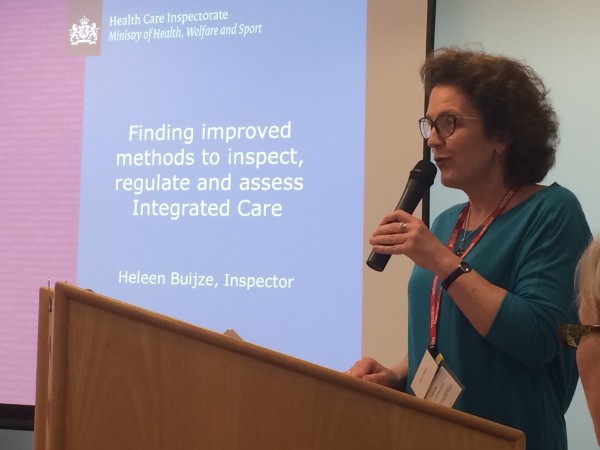
2017-04-18 Presentation Supervising Integrated Care Heleen Buijze.pptx
Download
Input from CQC- Janet Ortega, Head of Integrated care:
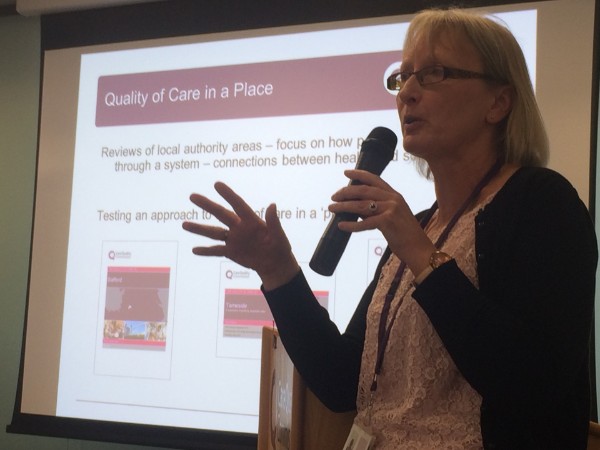
20170424 EPSO presentation Janet Ortega.pptx
Download
Input from New-Zealand, Richard Hamblin, Director of Quality Evaluation in Health Quality and Safety Commission:
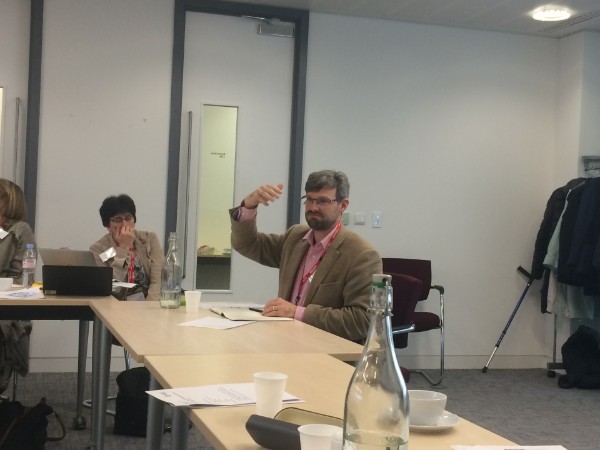
EPSO integration Richard Hamblin.pptx
Download
More info about Integration WG here
WG3- OBSERVATION
chaired by Carien Geertse, The Netherlands:

presentation Carien Geertse.pptx
Download
Input from David Frances, Wales:
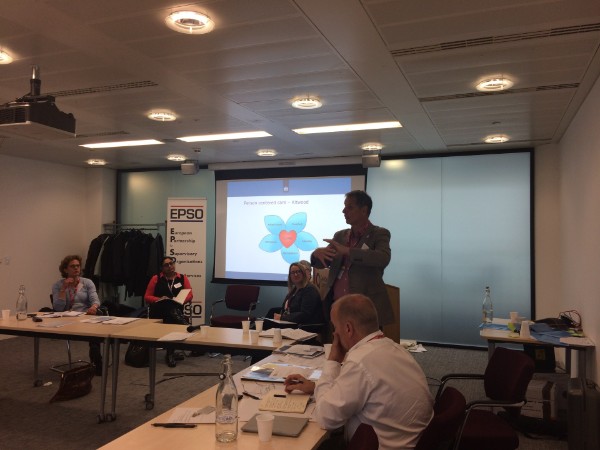
Input from CQC- Allison Murray, Head of Inspection in adult social care:

more info from Observation WG here
Tuesday 25th
WG4- RISK
Chaired by Liz Owen, CQC and Klas Öberg, IVO, Sweden
Input from England, Sweden, Ine Broghans, Netherlands and Andrew Terris, New Zealand:
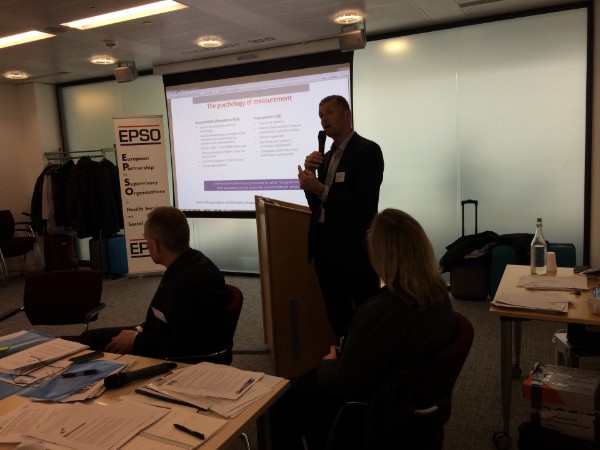
170421 Moving from punishment to improvement - article - EPSO Risk project in Bulgaria spring 2017.pdf
Download
More info about this wg here
EPSO- CQC FORUM
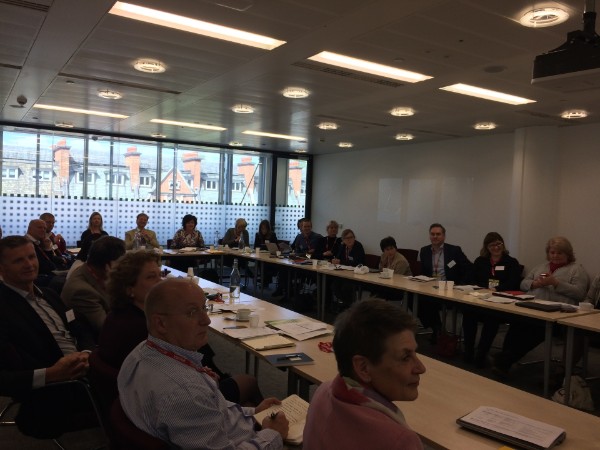
Chaired by Klas Öberg, Sweden: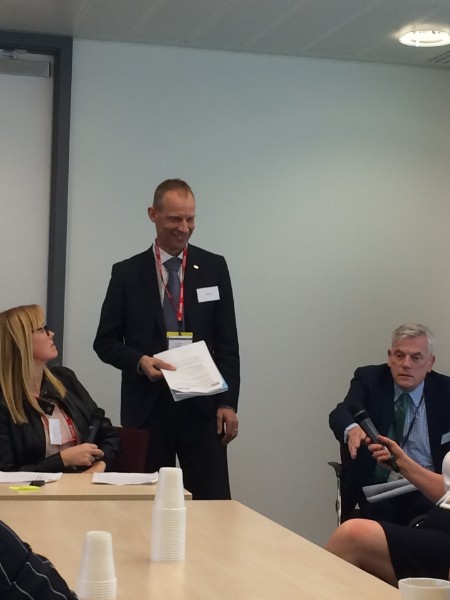
Regulation and Inspection of General Practitioners Practices (acceptance and improvement):
Introduction – Michele Golden, Head of General Practice Inspection, CQC, England
Overview of the pioneering work done by CQC in respect of the regulation of general (family) practice in England:
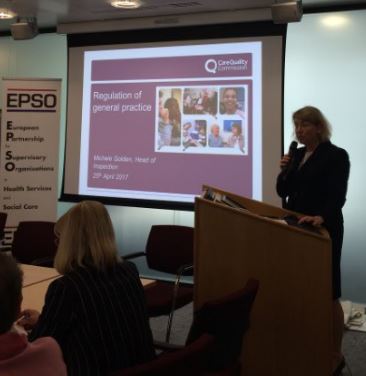
Statements:
-We have identified that 75% of practices provide care that is either ‘good’ or ‘outstanding’. We have taken enforcement action against providers who have breached regulations.
-We have driven improvement in two main measurable ways: firstly by identifying and highlighting what outstanding practice looks like and secondly by taking enforcement action (where necessary) to force practices to improve the standards of care.
Intervention and discussion lead by Anne Marie Vangsted, director general of Danish Patient Safety Authority, Denmark:
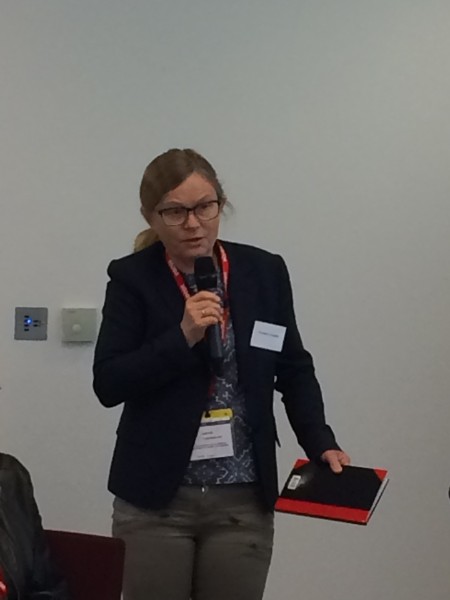
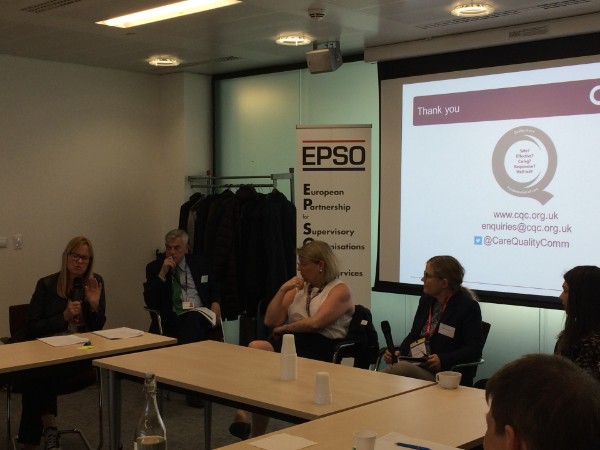
Incident handling and transparency in supervisory practice:
Introduction – Ian Leistikow (replacing Ronnie vand Diemen), IGZ, the Netherland
Statements:
- Public transparency of data from adverse event analysis benefits the learning ability of health & care providers;
- Health & care providers should be transparent to the public about their own adverse events.
Intervention and discussion lead by Charles Rendell, CQC.
Charles Rendell - Duty of Candour.pptx
Download
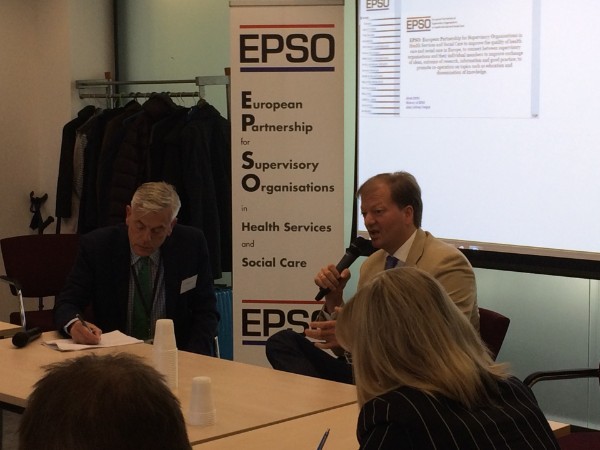
Trust in supervision and methods that contribute to learning and quality improvement:
Introduction - Gunilla Hult Backlund, General Director, IVO, Sweden:
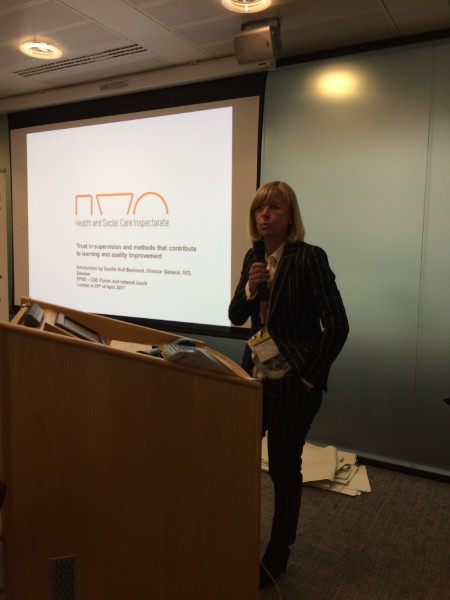
Trust in supervision EPSO network London 2017 Gunilla Hult Backlund.pptx
Download
Statements:
- To be able to contribute to quality improvement and learning effectively, there must be a certain level of trust between the supervisory agency and the supervised. The latter must trust that the agency’s primary focus is learning and quality improvement. The supervisory agency must trust that the supervised want to develop and must act in a way that does not create fear.
- The opposite to trust – mistrust and also fear of making mistakes and the consequences that can follow – is an obstacle for learning and development.
Intervention and discussion lead by Ian Leistikow, IGZ, Netherlands:
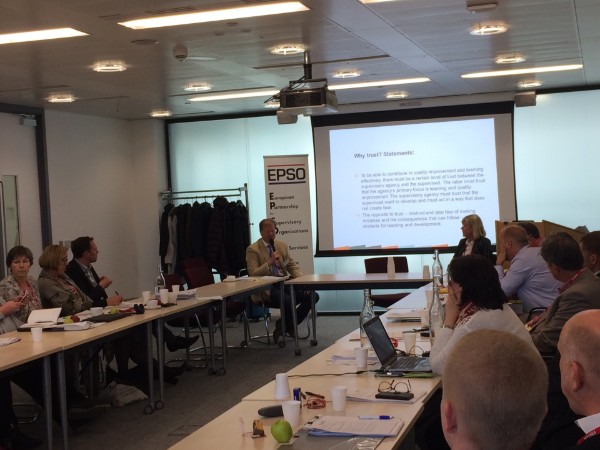
Multidisciplinary teams of professionals in supervisory practice:
Introduction - Sabina Wikgren Orstam, IVO, Sweden:
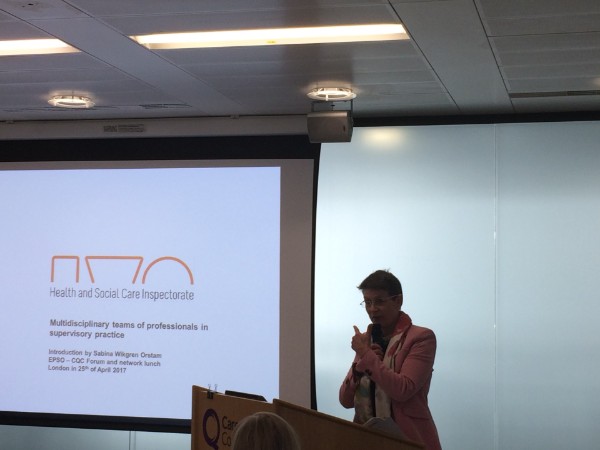
Multi_teams EPSO_network_London 2017 Wikgren Orstam.pptx
Download
Statements:
- To truly understand the organization and the value it creates for the individual we need multidisciplinary teams.
- The creation of multidisciplinary teams make the supervisory work more flexible to changing conditions.
Intervention and discussion- Henrik Frostholm, Deputy head of office at the National Board of Social Services, Denmark:
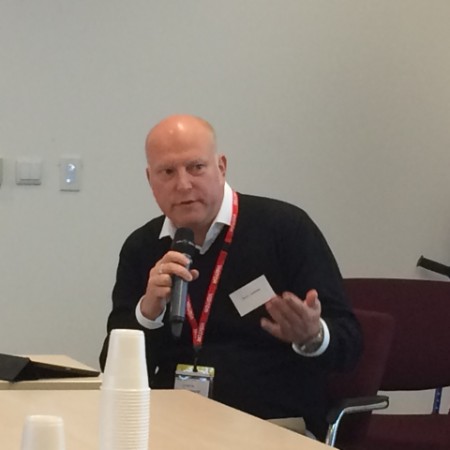
Working group e-Health (extra session)
Chaired by Tove Gemzell, Sweden:
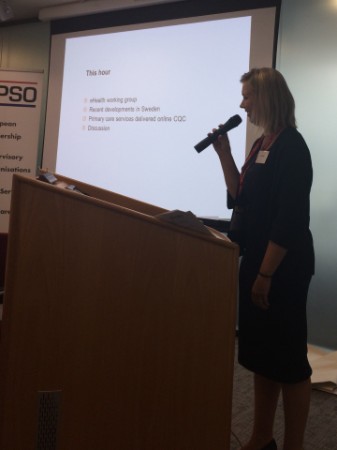
eHealth extra session 25april London Gemzell.pptx
Download
Input from CQC, James Clemence:
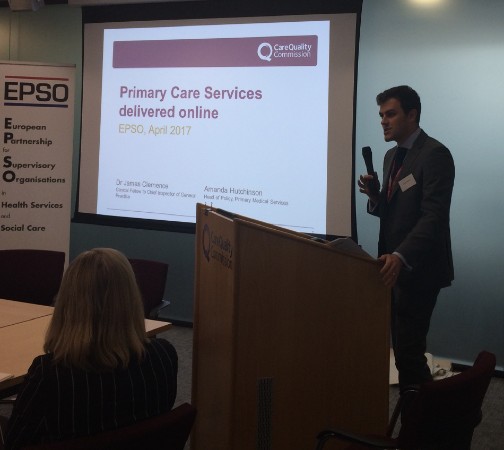
Please find more info and CQC presentation about digital health (by Paul Burdon) from EPSO e-Health WG page http://www.epsonet.eu/ehealth.html
WG 5 Effectiveness
chaired by Riitta Aejmelaeus, Finland and Ian Leistikow, Netherlands:
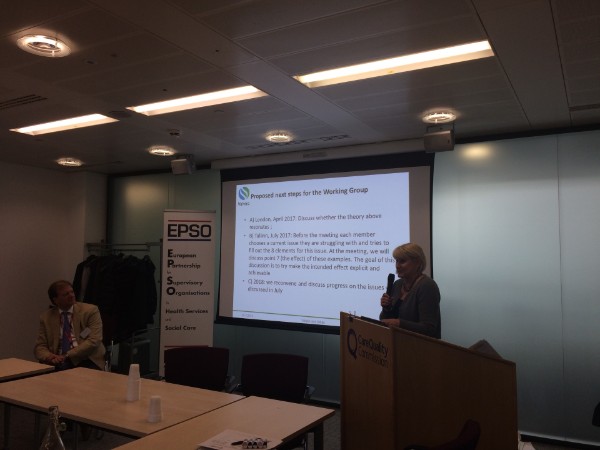
Lontoo2017[2] Riitta.pptx
Download
Closing words CQC - Malte Gerhold, Executive Director of Strategy & Intelligence:
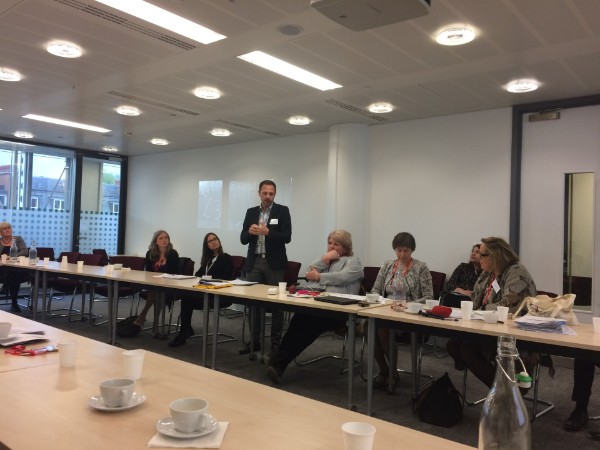
Thanking the host- Jooske Vos, General Secretary of EPSO:
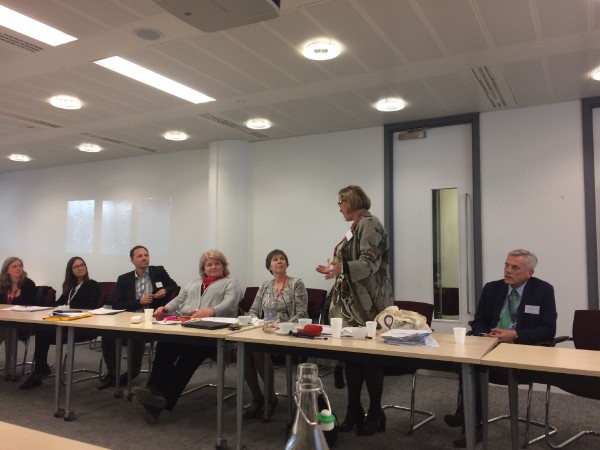
Thank you everybody and till the next time!
